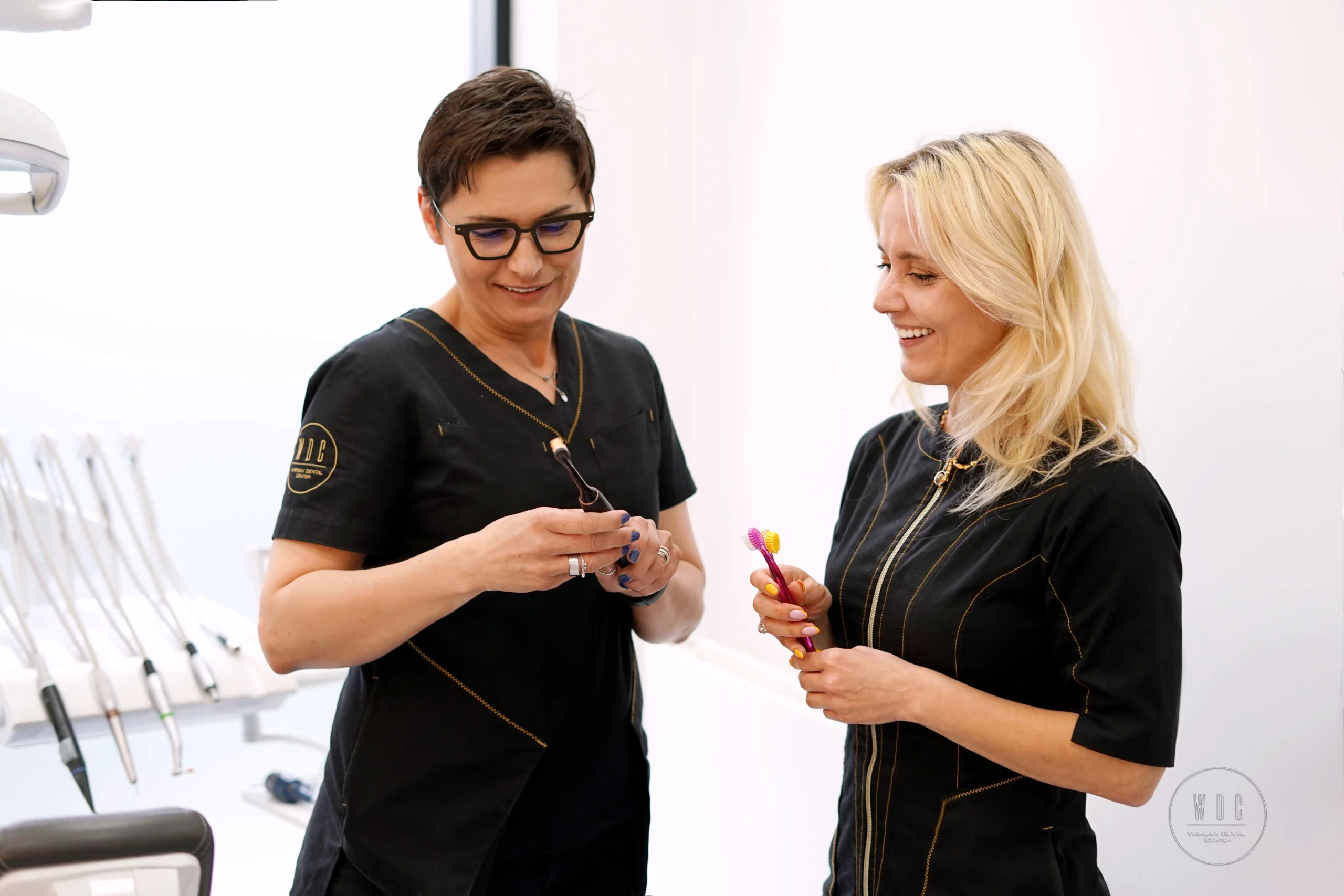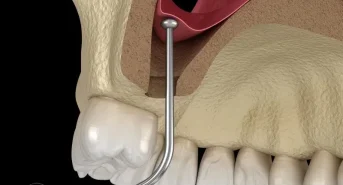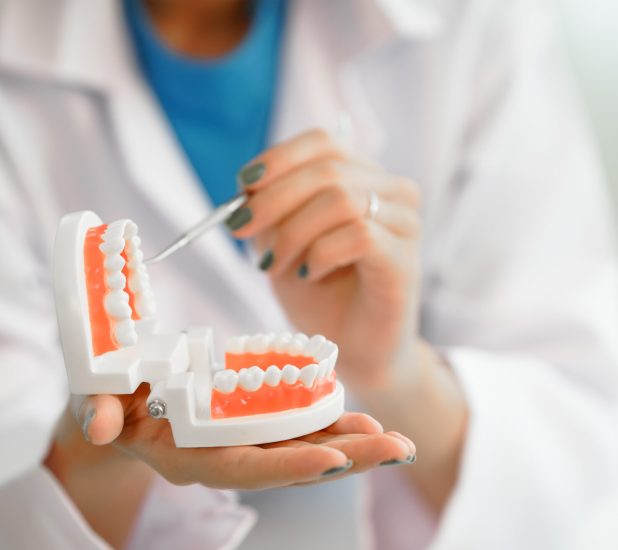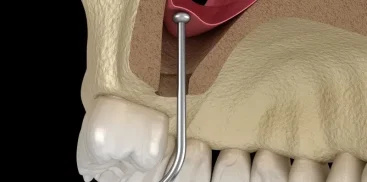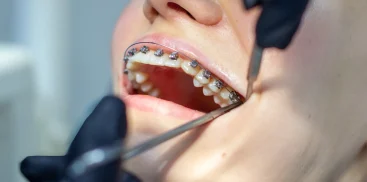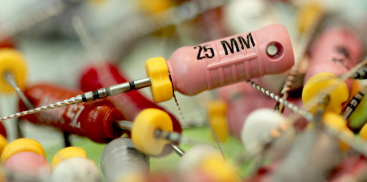Do you feel pain when eating cold, hot, sour or sweet food?Discomfort can make everyday functioning much more difficult.
It is important to prevent and treat tooth hypersensitivity effectively, both in daily care and during visits to the dentist.
The cause of tooth hypersensitivity is the reaction of the dentin to various stimuli, such as hot, cold, sour or sweet. There are many factors that cause it, including genetics and gum disease.
Sometimes too frequent tooth whitening procedures lead to enamel erosion. Those most at risk are those aged twenty to fifty, although the problem can affect anyone of any age.
Characteristic symptoms of tooth hypersensitivity are: intense pain after eating products with extreme temperatures or flavors; fluctuations in the pain experienced – with greater or lesser intensity, unlike caries pain, which is constant.
Improper habits such as bad bite, teeth grinding or nail biting may contribute to the problem.
However, the most common cause is improper tooth brushing technique. Rough brushing with a toothbrush that is too hard damages the enamel and exposes the dentinal tubules, which increases hypersensitivity. Poor oral hygiene can lead to gum problems and further cases of sensitivity. It is worth avoiding excessive consumption of sweet and carbonated drinks containing acids that destroy enamel to maintain healthy teeth.
Preventing hypersensitivity begins with daily care: using appropriate toothpaste with fluoride and minerals, products that close the dental tubules, and appropriate brushing.
However, consultation with a specialist is crucial. Follow-up visits help identify and effectively treat potential problems before they become serious.
